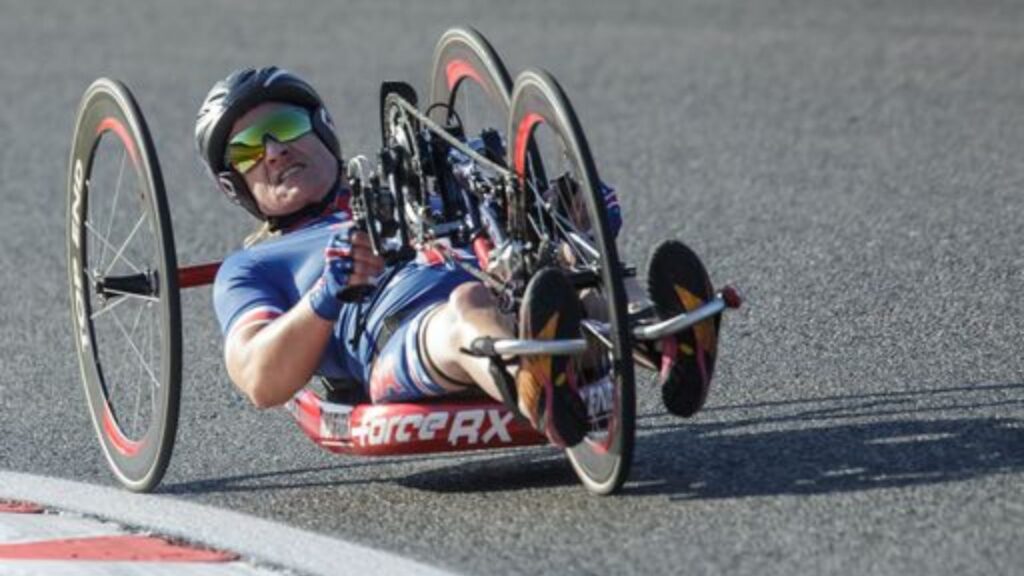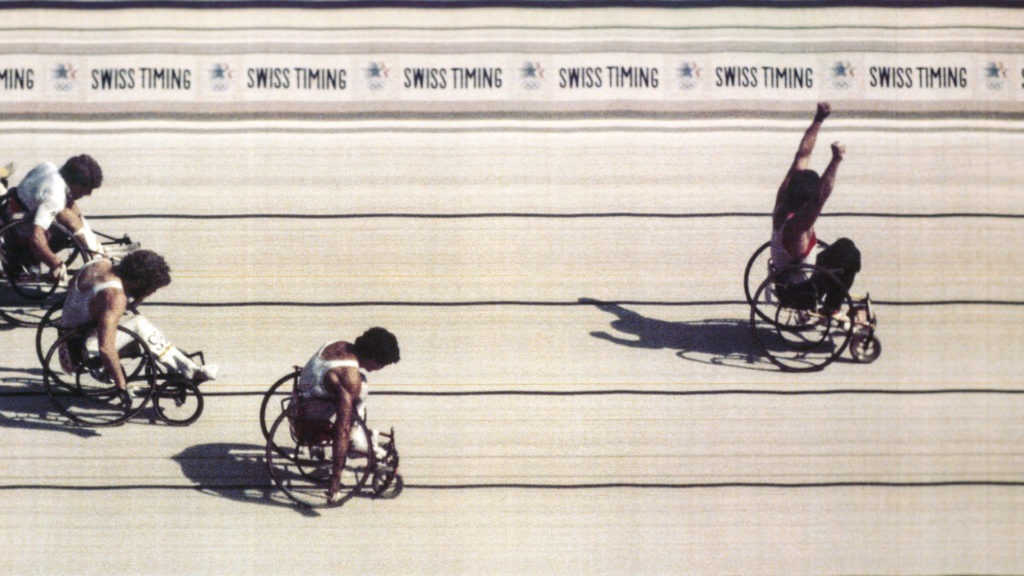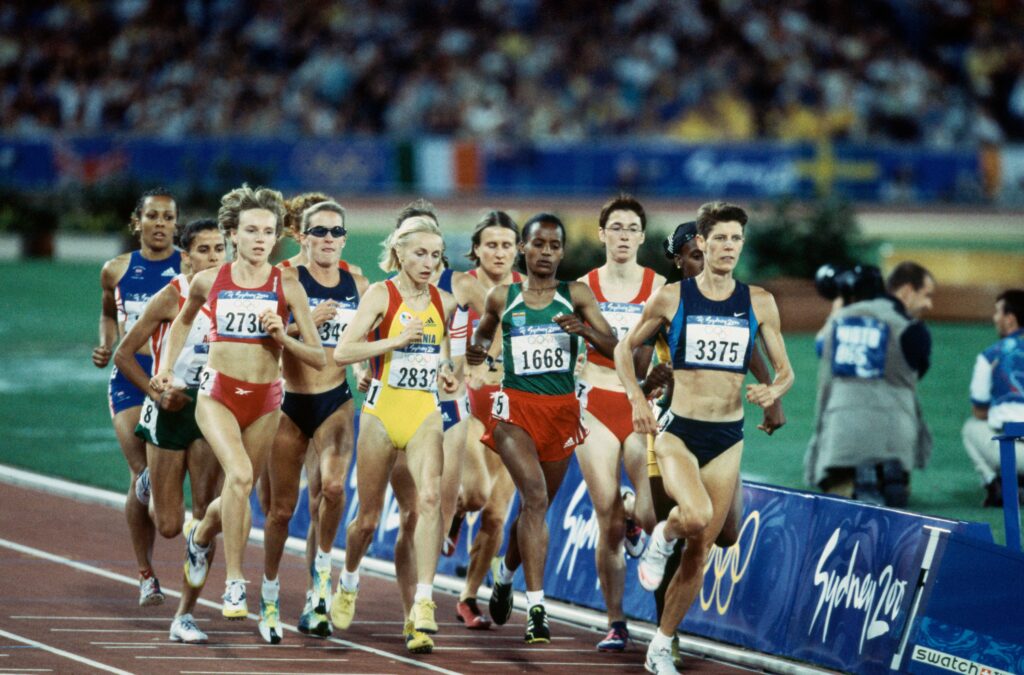When Frank Shorter entered Olympic Stadium striding toward the finish line of the marathon in the Munich 1972 Olympic Games, he expected to hear a cheering crowd as he neared the finish line of the 26.2 mile race. Instead, he was bewildered as boos cascaded from the stands.
“Geez, I’m an American, but give me a break,” Shorter later said he thought to himself, thinking that the Germans wanted one of their own to win the race.
It was only later that Shorter realized the jeers were not meant for him – a West German impostor had crashed the race in the final mile, pretending to be part of the marathon before Olympic officials pulled him off the track.
Shorter, comfortably ahead, simply continued his race to become the first American to win the Olympic marathon gold medal in 64 years.
“The great thing about it for me over time has been that I knew then and I still know now that I never ran for that roar or for the cheers,” Shorter said.
No, the son of a U.S. army doctor, who was born in West Germany, simply wanted to run. A four-time national cross-country champion, Shorter is credited with creating a running boom in the United States as millions of people took up the sport and races sprouted up around the country.
Shorter’s racing career continued at the Montreal 1976 Olympic Games, where he won a silver medal in the marathon. Years later, it was confirmed that the gold medalist, East German Waldemar Cirepinski, had taken performance-enhancing drugs. Not lost in the irony, after his Olympic running career, Shorter helped found the U.S. Anti-Doping Agency and served as its chairman.
“Don Kardong (who finished fourth in the 1976 Olympic marathon} likes to tell me that I’ve been in The Olympics twice,” Shorter said. “And twice I’ve finished right behind an imposter. I’ve always thought that was very interesting.”












